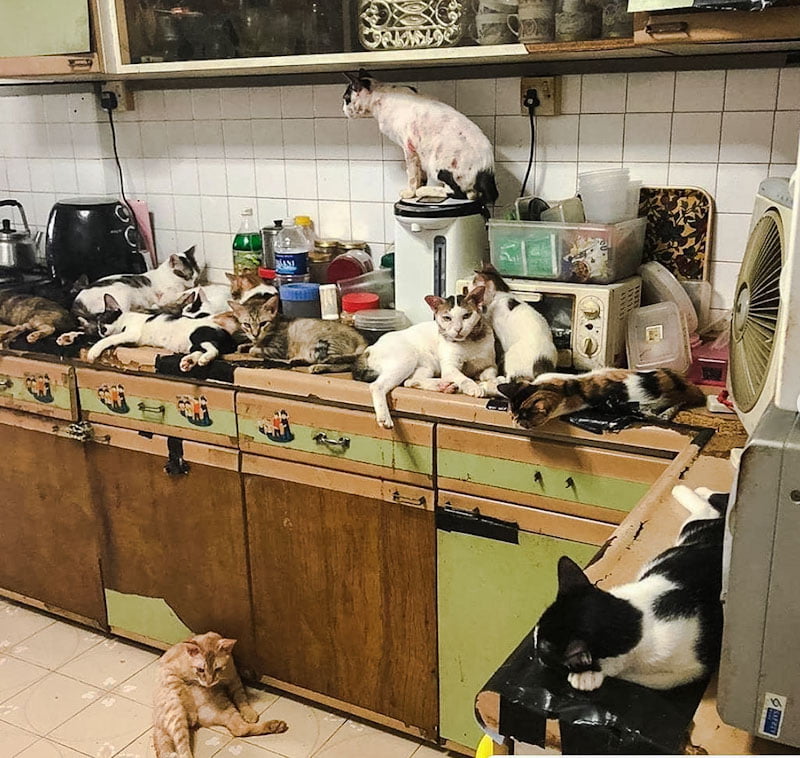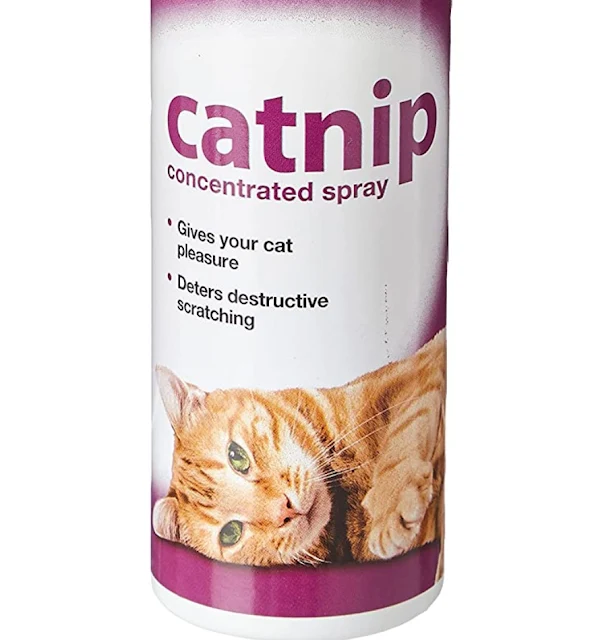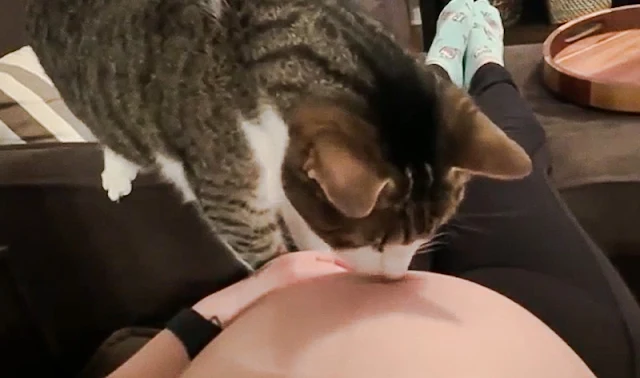Pretty well every time that a person is exposed for having too many cats it is because a foul odour emanates from their home and a neighbour picks it up and complains to the authorities. It's about the person who owns a lot of cats being unable to manage. And the smell is of urine and perhaps faeces. It is an ammonia smell (urine). Which means that some of the cats are urinating inappropriately and perhaps defecating inappropriately as well. Or, it means that the person in charge is not cleaning out the litter trays properly. Both of these things are happening simultaneously. For the cats they are urinating appropriately by the way. Let's get that straight.
 |
| What it looks like in a home with too many cats. Chaos and massive smells. Singapore cat hoarder seeks help. Photo: Instagram page of the rescue who is helping her: Cats of Anchor Vale. |
It is likely to be the former because if you have 20 cats in a home there are going to be stresses between the cats leading to inappropriate elimination. It will also potentially lead to spraying to mark territory which still happens even when cats are sterilised. When cats are boxed together like this in a very small space, they cannot enjoy the normal amount of space that domestic cats require which in my estimation is going to be a number of acres.
Of course, domestic cats are adaptable and they can get used to living with much smaller territories (home ranges as they are called) but instinctively, given the freedom to enjoy a natural home range it would be much larger than can be provided inside a home with many other cats. This results in stresses among some cats.
The foul smell that emanates from these homes which is picked up by neighbours is waste product produced by the cats lying around the home which the person is unable to cope with. It is a carelessness in adopting too many cats combined with that same carelessness in being unable to manage the cats to the point where there is no smell in the home. Can you imagine that? I home in which there are 15 cats, let's say, and no smell. Is it possible to achieve that? It is and it has been achieved.
On December 23, 2019 I wrote about a man who has 15 cats and 22 litter boxes. His home smells perfectly! His name is Peter Cohen and he lives in a beautiful Californian home.
If you read the article, the first point that you will notice right away is that he has 22 litter boxes and 15 cats. This is in line with Jackson Galaxy's advice that there should be more litter boxes than cats. And Cohen puts litter boxes in closets i.e. an enclosed space and critically, because he is a builder and knows how to do this, he creates a negative air pressure inside the litter box closets by running a ventilation fan around the clock which sucks the air from the spaces to the exterior.
Finally, I presume that the air sucked out is pushed up through the roof because there'd be no point in pushing smelly air left and right of the house into neighbour's properties.
So, that's how you do it. And, you know what, the sort of systems that Mr Cohen has set up are going to prove impossible for the typical owner of many cats. Therefore, I have to conclude that if you have 15 or 20 cats living full-time inside a typical home it's going to be impossible to keep the smell down unless you have a huge amount of energy, time, commitment, and intelligence and building skills. If I'm correct in that assessment, it tells us that there must be an upper limit in the number of cats that a person can reasonably manage when they are confined to the home.
And here is the clincher: they have to be confined to the home. If they are allowed to wander around outside of the home the neighbours will complain anyway. Cat hoarders always confine their cats to the home. And they don't bother to build an enclosure in the garden because I guess that would also expose their activities to neighbours. They try and keep things secret, away from the prying eyes of neighbours. This of course exacerbates the problem making it impossible to stop massive odours building up.
And they have to open the window sometimes and in doing this the odour escapes. Because the odour is so pungent even small amounts of this air gets into neighbours' properties. It just depends how tolerant the neighbours are as to whether they complain or accept it.
I am therefore drawn to the only sensible conclusion which is that local authorities must have bylaws restricting the number of cats that a person can own to around five. This, I think, is a reasonable number which is manageable. And this rule will apply to any country anywhere. Although most of the news about cat hoarding comes from America it does not mean that cat orders only live in America, it happens anywhere. It's just that most cat news comes from America because they love their cats which, by the way, makes it very strange that they declaw them, an act which is totally against love between species.










